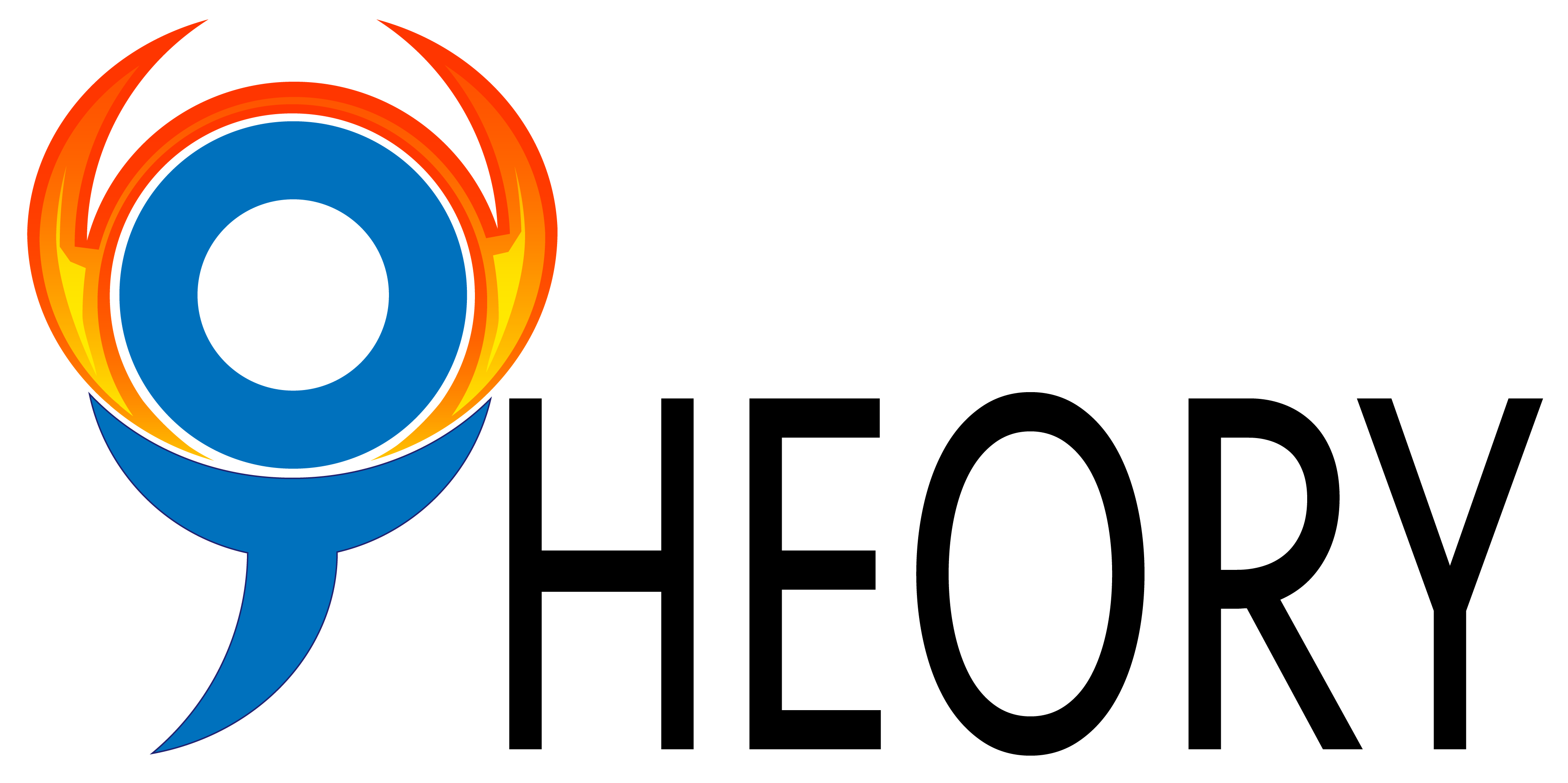This model comprises of four components including Assistive Computer Technology (ACT) service delivery (evaluation and training), the provision of ACT devices, education, and coordination and collaboration. ACT service delivery includes evaluation, training, and coordination of technology services. A service delivery team includes an occupational therapist, computer specialist, education specialist, and augmentative communication specialist. The team is responsible for conducting assessment and providing training for students who are in needs. Students will be evaluated for ACT needs within school, home, and work, and they will actively participate in the progress. Occupational therapist identifies the most suitable device for the student to achieve anticipated outcome. Individualized instruction on the use of ACT across environments ongoing training, technical support, and follow-up will be provided. In the authors’ original article, the ACT Lending Library contains over 250 items of ACT devices, e.g., alternate keyboards, and software that students can borrow for their use. Technology related education, e.g., explanation of ACT and potential benefits, will be provided to students, families, and education providers. Other trainings, e.g., computer literacy training, internet related skills, are also included in the program. Lastly, coordination and collaboration, between the project personnel, school transition team and adult service agencies, are utilized. The project team meets with the student’s team (student and parents, regular and special education teachers, related services personnel, technology coordinators and vocational rehabilitation counselors), to determine educational needs, to review transition goals, to ensure align expectations and needs, to ensure compatibility and implementation of ACT, and to secure funding required for transition. Occupational therapists play a significant role in transitioning students with disabilities from school to adult settings. Various technologies are used to assist clients in achieving maximum independent functioning. Occupational therapists have the expertise in assessment and training, in environmental and activity adaptations to address the needs of students with disabilities in transition.
Summarized by
- Macey Cho
Type
- Model (practice)
Population
- Child
- Adolescent
- Adult
Disability
- All
Domain of occupation
- Education
- Work
Application Note
Occupational therapists play a key role in assessing students’ needs, training the use of ACT, and communicating and transferring knowledge with the related personnel.
Key Reference
Nochajski, S., Oddo, C., & Beaver, K. (1999). Technology and transition: tools for success. Technology and Disability, 11, 93-101.
Year Published
- 1999
Primary Developer
- Susan M. Nochajski
Primary Developer Email
- nochajsk@acsu.buffalo.edu
